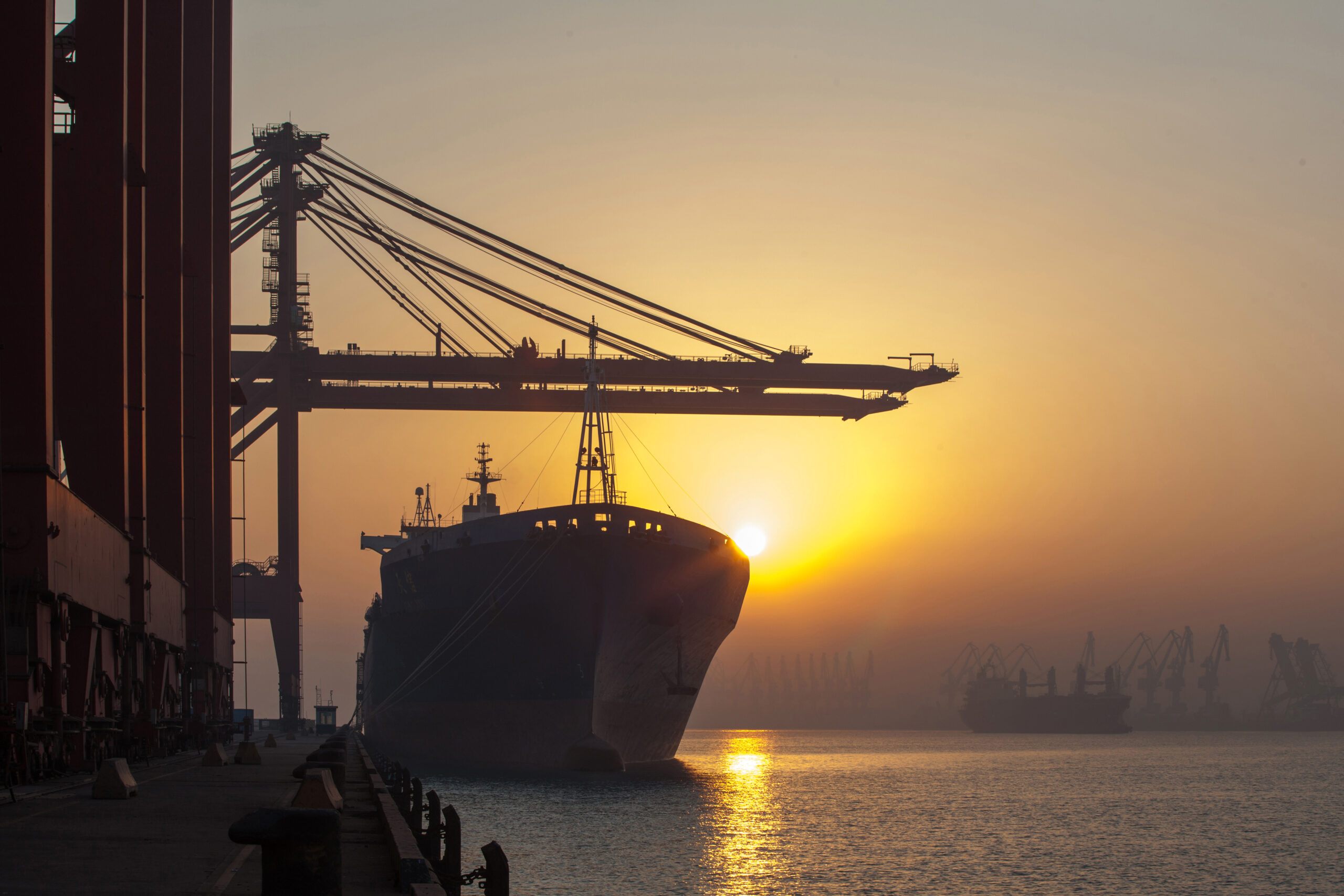Introduction
ISO Certifications for Port & Harbor Operations in the U.S: In an increasingly globalized world, ports and harbors act as critical nodes in the international supply chain. Ensuring the efficiency and safety of these facilities is paramount, not just for business but for national security. As such, there’s a growing emphasis on management systems and processes to ensure quality, environmental responsibility, and occupational health and safety. This is where ISO Certifications come into play.
ISO, the International Organization for Standardization, offers globally recognized standards that can be instrumental in achieving these objectives. In this article, we will delve into the specific ISO certifications applicable to port and harbor operations in the United States, their requirements, and the tangible benefits they offer.
Applicable ISO Standards for Port & Harbor Operations in the U.S
ISO 9001: Quality Management
One of the cornerstone standards relevant to ports and harbors is ISO 9001, which focuses on Quality Management Systems (QMS). It aids in optimizing operations, minimizing errors, and increasing customer satisfaction.
ISO 14001: Environmental Management
Given the potential environmental impact of port and harbor activities, ISO 14001 focuses on effective environmental management systems (EMS). This standard helps in reducing waste, conserving energy, and ensuring sustainable operations.
ISO 45001: Occupational Safety & Health
Ports and harbors involve heavy machinery, high-risk activities, and therefore, a focus on safety is non-negotiable. ISO 45001 provides a framework for Occupational Health and Safety (OHS) management systems.
ISO 27001: Information Security Management
In the digital age, protecting sensitive information is vital. ISO 27001 lays down the requirements for establishing, implementing, and maintaining an Information Security Management System (ISMS).
Requirements for ISO Certifications for Port & Harbor Operations in the U.S
Documentation
Proper documentation of processes, responsibilities, and standard operating procedures is required across all ISO standards. This ensures that everyone in the organization is on the same page.
Risk Assessment
Whether it’s QMS, EMS, or OHS, risk assessment is integral. Companies need to identify, evaluate, and prioritize risks, followed by an action plan to mitigate them.
Continuous Improvement
ISO standards require a commitment to continual improvement. Regular audits, management reviews, and updates are mandatory.
Compliance
Compliance with legal requirements and regulations is another common requirement across ISO standards. Failure to comply can lead to loss of certification.
Benefits of ISO Certifications for Port & Harbor Operations in the U.S
Increased Efficiency
ISO-certified ports have shown remarkable efficiency in their operations. For example, the Port of Los Angeles, one of the busiest in the United States, has been ISO 9001 certified and has reported fewer delays and more streamlined processes.
Enhanced Reputation
Certification demonstrates a commitment to quality, safety, and sustainability, thereby boosting the reputation of the port or harbor. In a survey by the International Maritime Organization (IMO), ISO-certified ports were highly rated by shipping companies.
Risk Mitigation
Adhering to ISO 45001 has shown to significantly reduce workplace accidents. A case study by the National Institute for Occupational Safety and Health (NIOSH) highlighted a 40% decrease in incidents at an ISO 45001 certified port.
Competitive Advantage
ISO certifications can serve as a competitive advantage in tenders and business negotiations, often serving as a prerequisite for entering into partnerships or securing contracts.
Conclusion
Adopting ISO certifications for port and harbor operations in the United States is not just a compliance requirement but a strategic business decision. These standards provide a robust framework for enhancing quality, safety, and efficiency, factors that are critical in this sector. With the backing of certifications like ISO 9001, ISO 14001, ISO 45001, and ISO 27001, ports and harbors can aim for operational excellence and a sustainable future.
Pacific Certifications, accredited by ABIS, is here to assist you in achieving these ISO certifications, ensuring that your port and harbor operations meet international standards. Feel free to reach out for consultation and certification services tailored to your needs.


